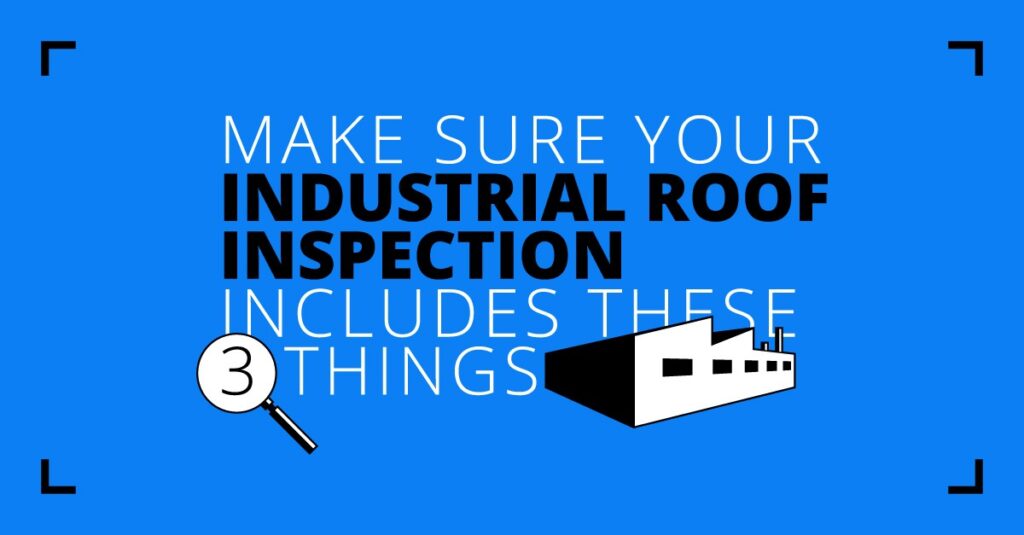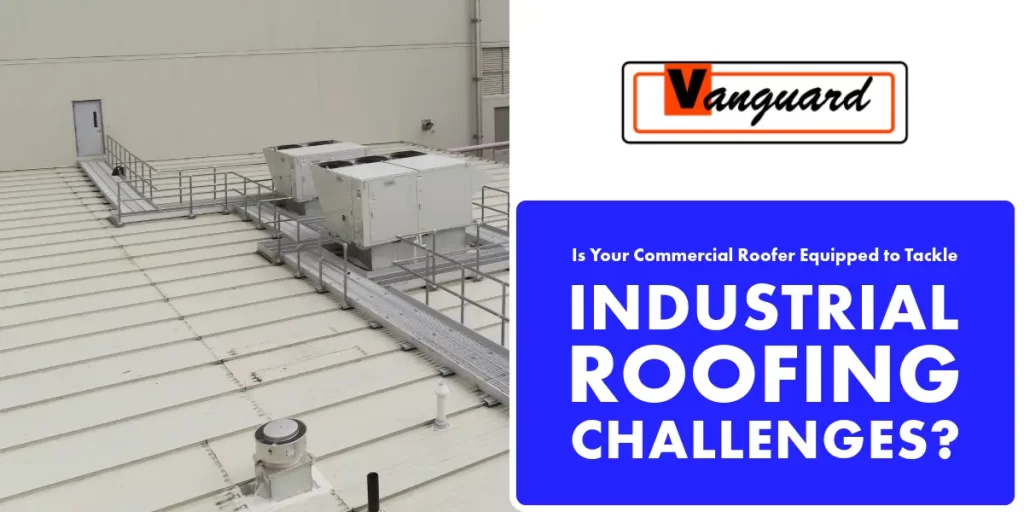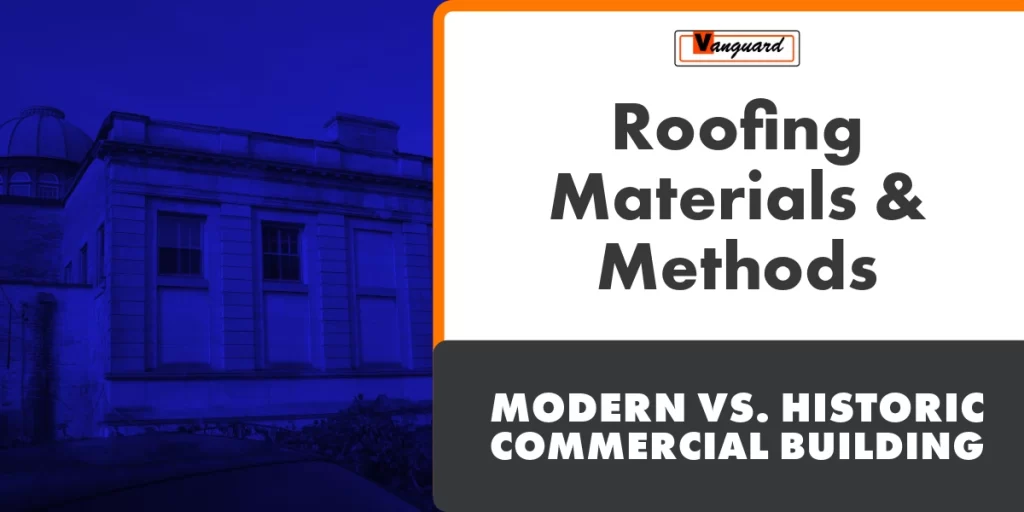The roof on your industrial building endures a yearly onslaught from the elements that leaves it vulnerable to damage. If the roof starts to leak from this weather-related wear and tear, the building’s structure and its contents are also at risk. To fully protect your investment and safeguard the structure and everything insideIt’s vital to schedule routine roof inspections. These regular, in-depth inspections should be performed by a professional roofer who has experience installing and repairing your specific type of roof system.
How Often is An Industrial Roof Inspection Necessary?
To keep your industrial building in top condition and prevent deterioration and interior damage, it’s advisable to have the roof inspected twice a year. In our climate, it’s best to schedule a spring inspection to check for winter-related damage, and a fall inspection to ensure that any developing issues are addressed before the snow and ice arrive again. You should also book an inspection after a major storm if you suspect that the roof sustained any damage.
What Should an Industrial Roof Inspection Cover?
When you’re hiring a roofing contractor, make sure that the inspection service they provide includes these three key components:
- Detailed evaluation. The entire roof system should be examined, including the covering/membrane, flashing, parapets, penetrations, seams, internal drains, gutters/scuppers and downspouts. Maintenance issues are checked for, too, such as debris build up, vegetation growth or signs of ponding. To determine the type of roofing material, its condition and thickness, core samples should be taken. A thermal imaging scan should also be performed to learn whether sub-surface moisture has infiltrated the insulation, decking and structural components.
- Written inspection report. After the inspection is complete, your contractor should provide an inspection report that details their assessment of your roof and an estimate of its expected lifespan. The report should also include a list of any deficiencies identified (with photos), as well as the repairs or corrective measures recommended for each item along with the cost.
- Professional advice. After an inspection, your roofing contractor should be willing to provide advice to help you establish a roof maintenance plan, and offer recommendations on ways to prolong the service life of the asset, such as installing a roof coating. An experienced contractor should also assist you with planning and budgeting for an eventual roof replacement.
To schedule an industrial roof inspection for your Western Massachusetts building, contact us at Vanguard Roofing.



